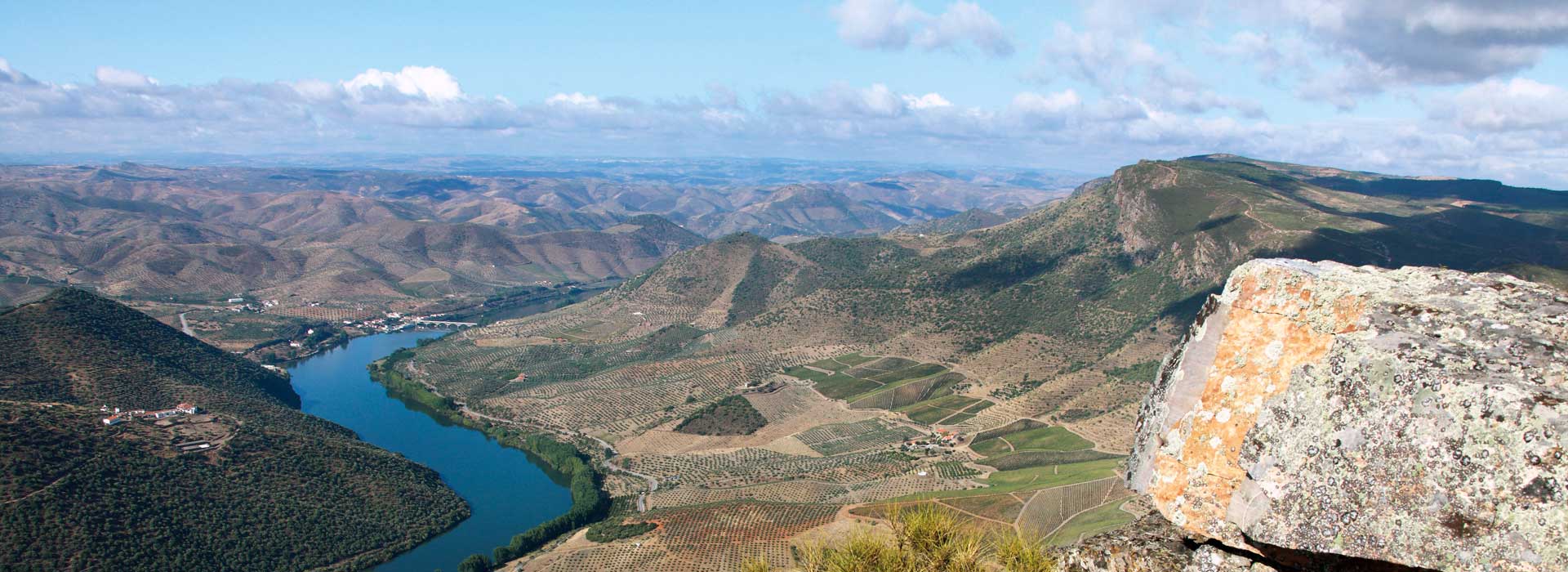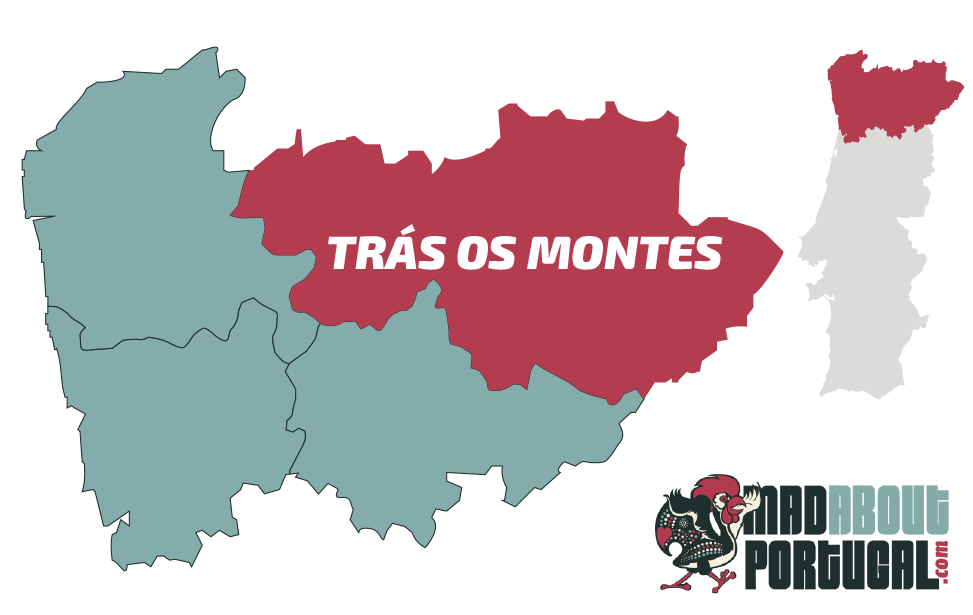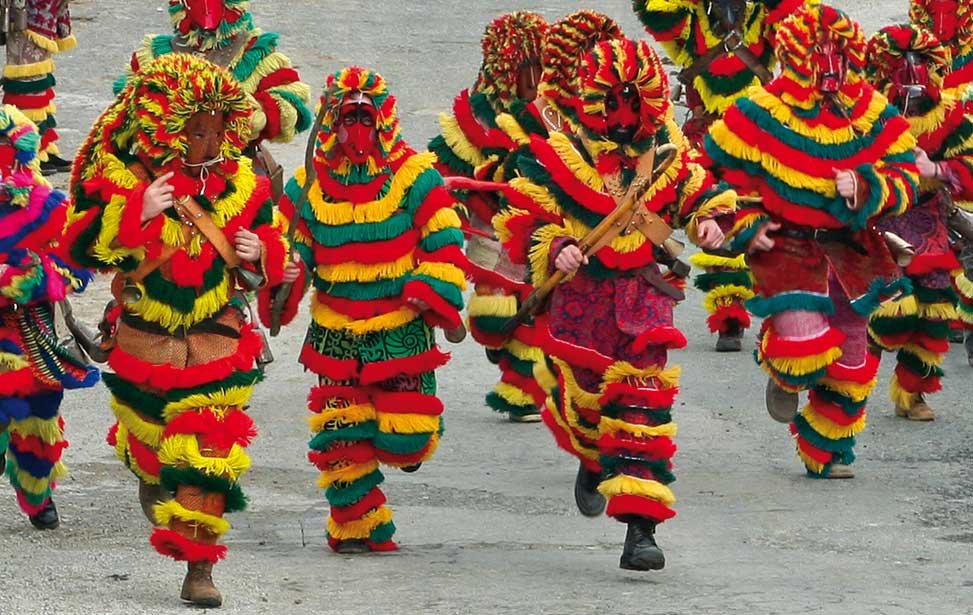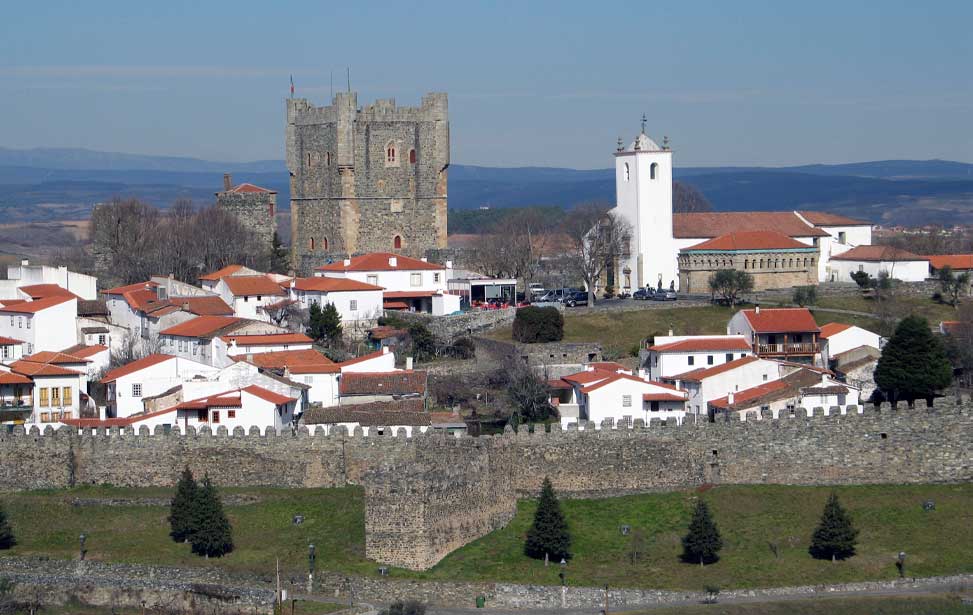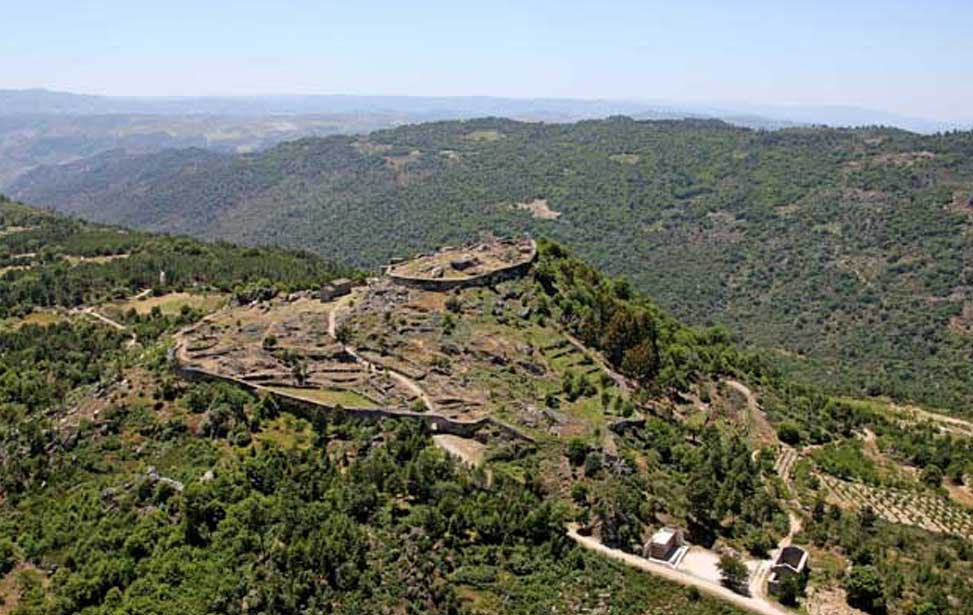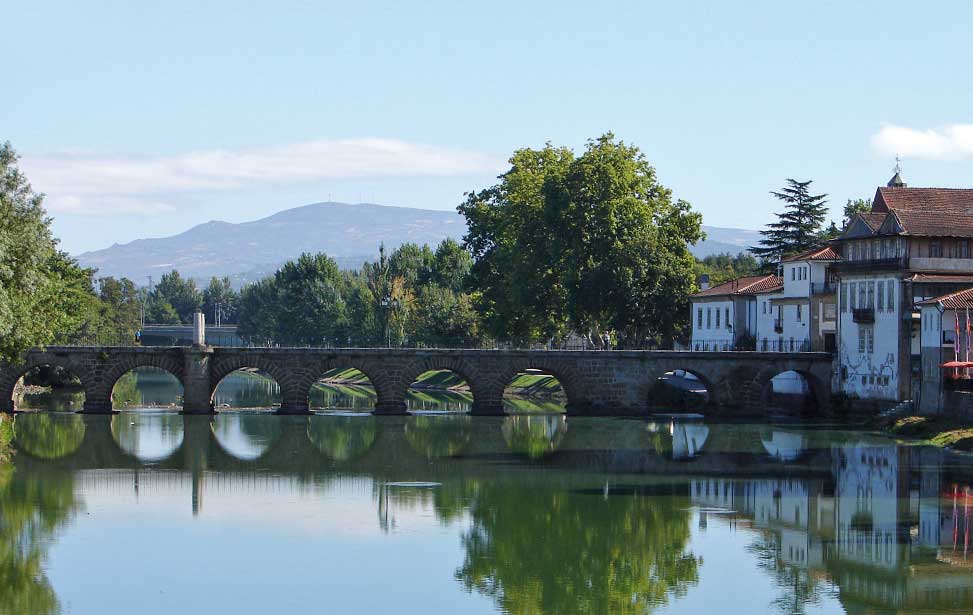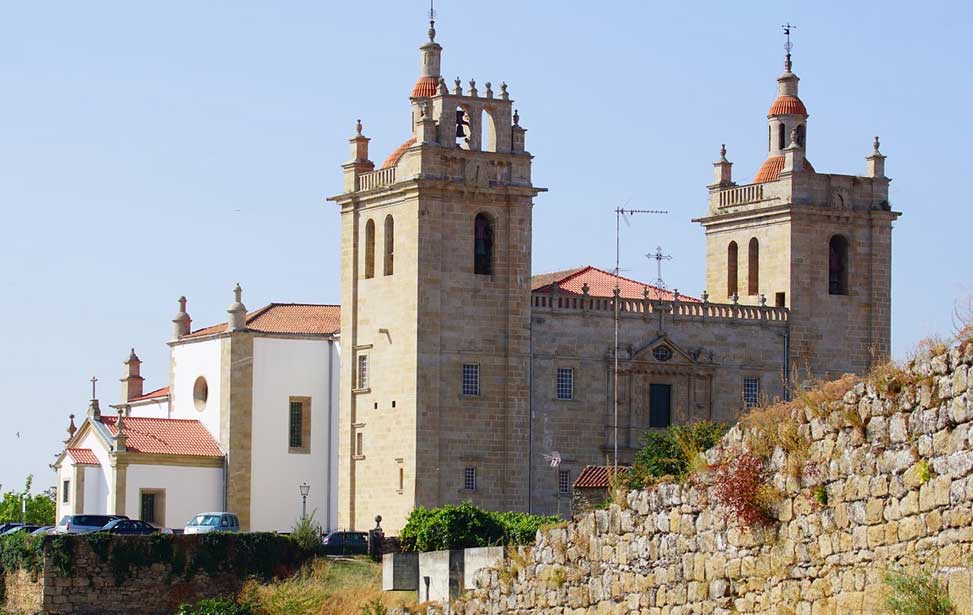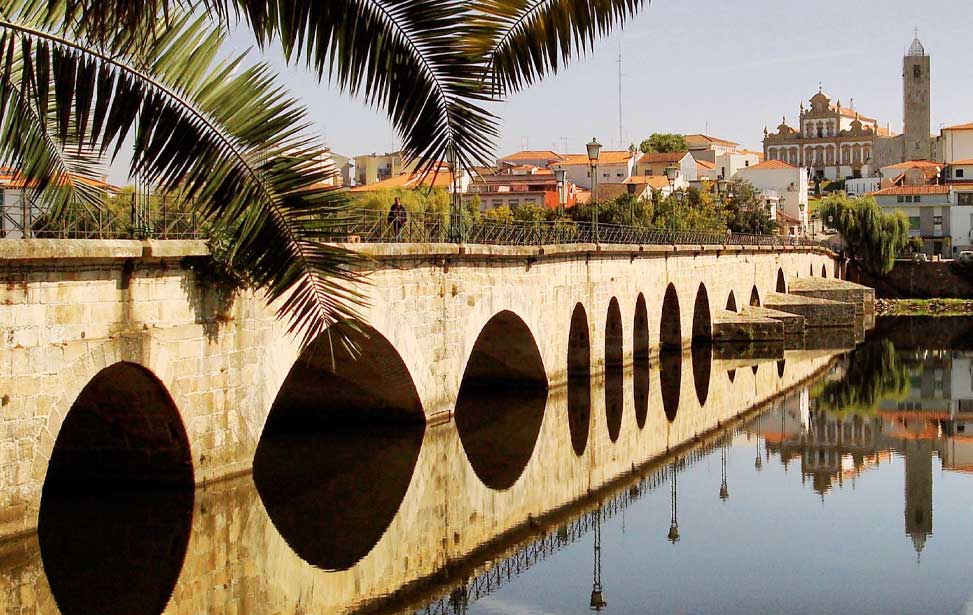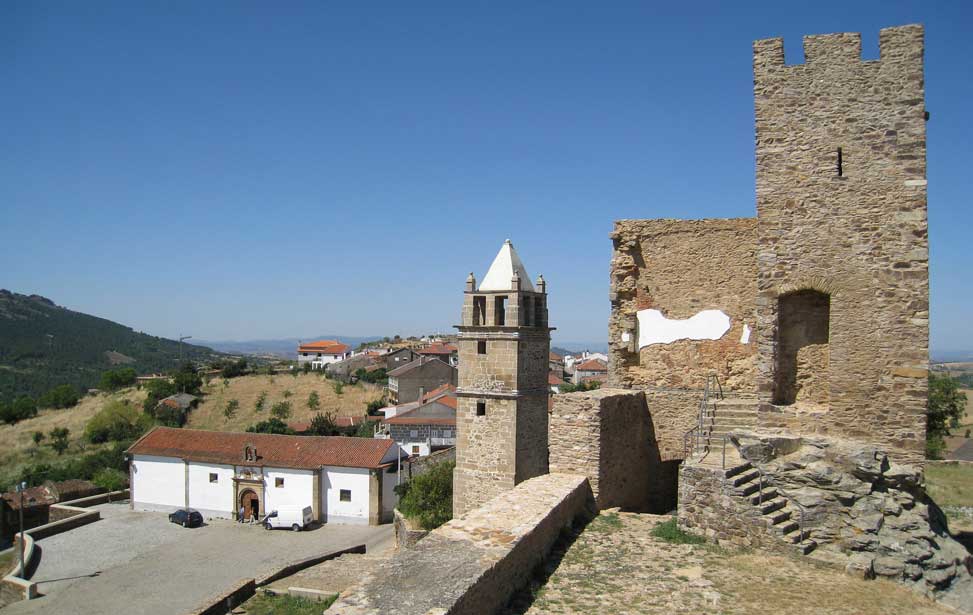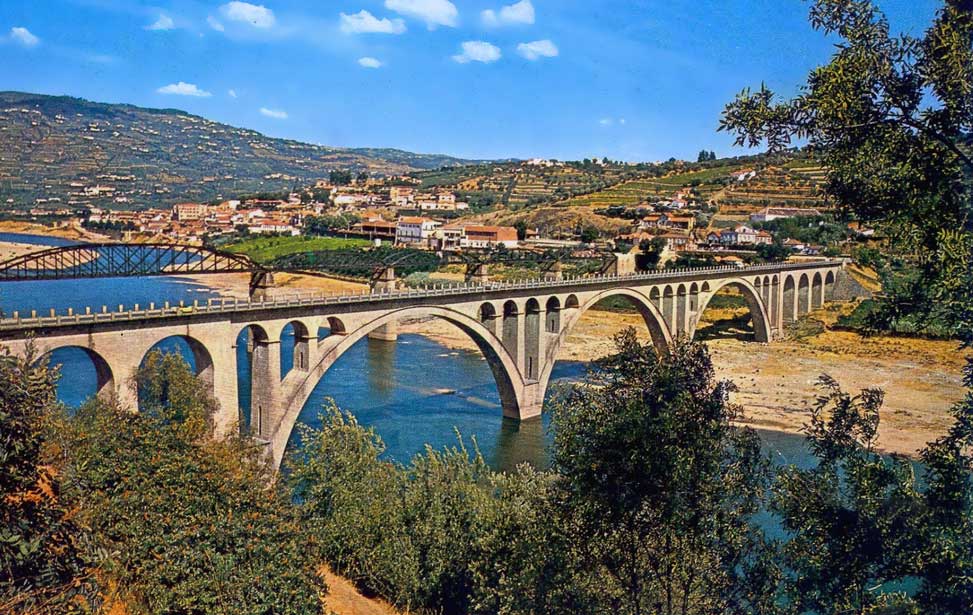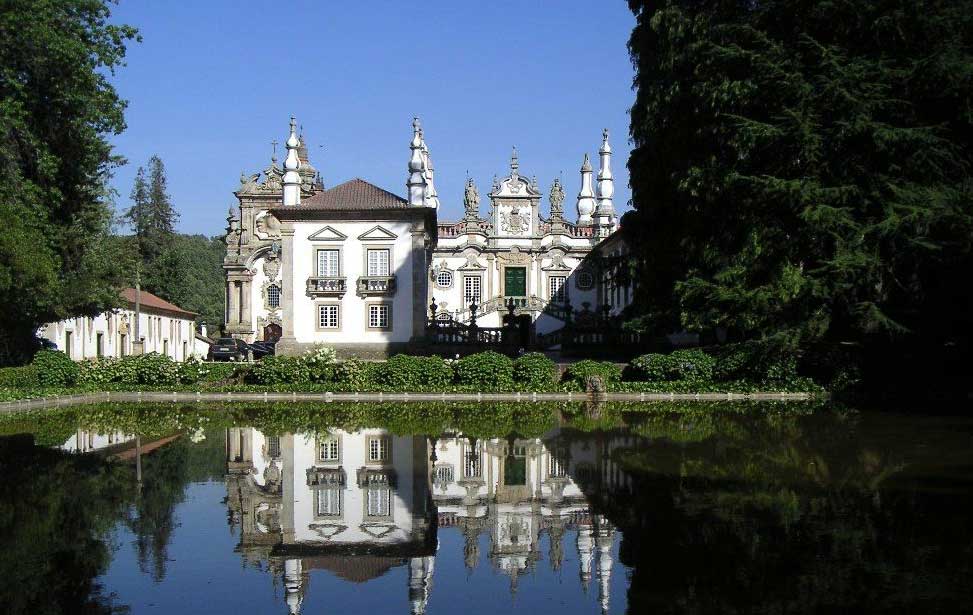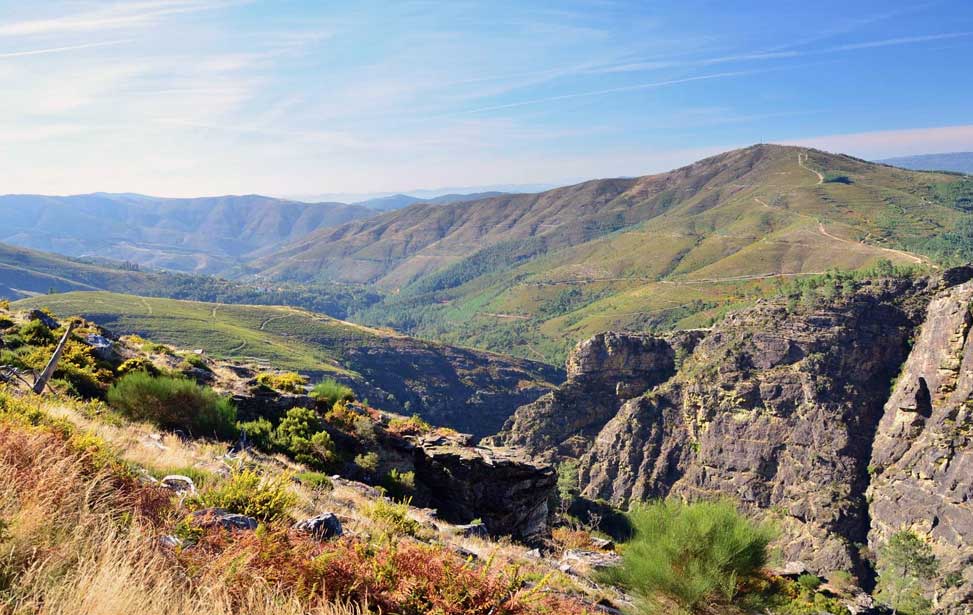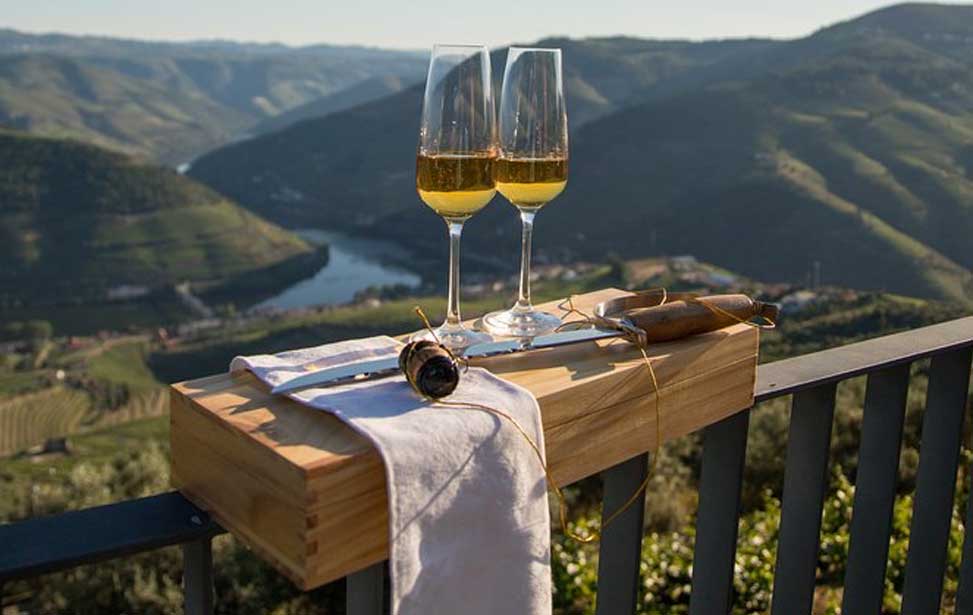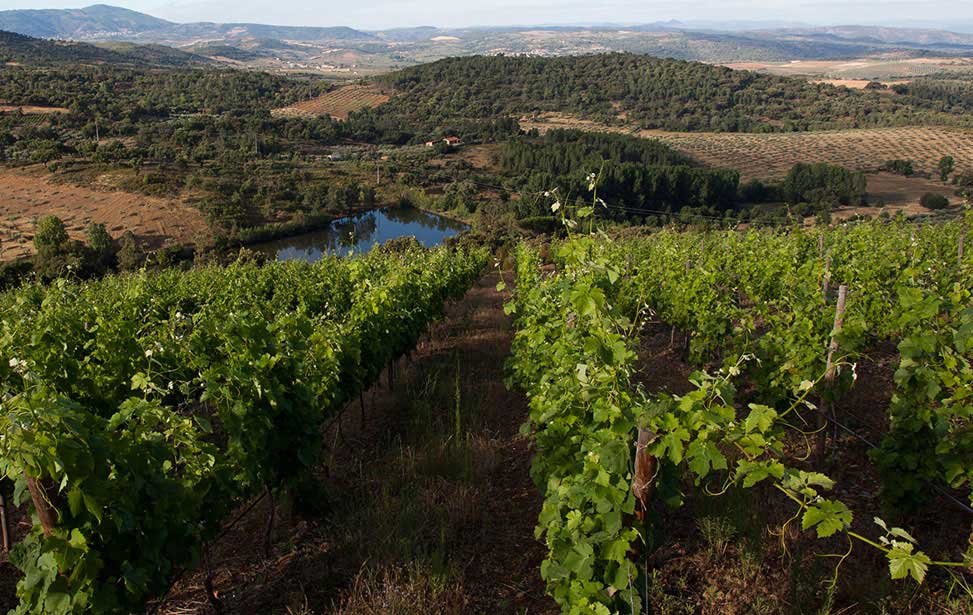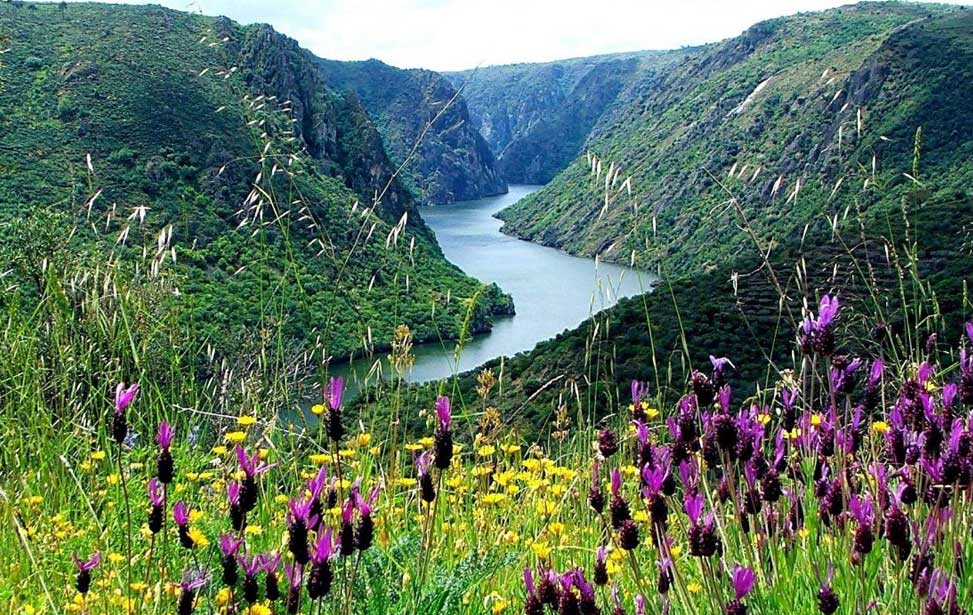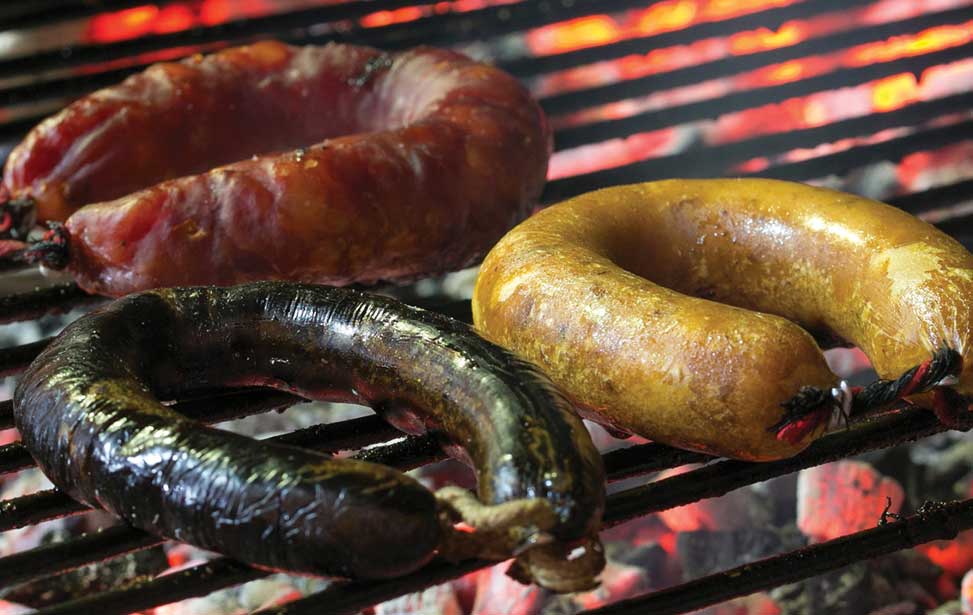TRÁS OS MONTES
Trás os Montes means 'Beyond the Mountains'. This area is remote and feels somewhat like a land time has forgotten. Certainly, in years past, this region has been disconnected from the outside world and the control of Lisbon. It's been a place of refuge for pagan traditions, a place to go unnoticed by the Inquisition, where local dialects live on, and prehistoric monuments lay unspoiled. Outside the main towns, rural life remains tough, yet new investment has found its way here. The lure of its beautiful countryside and traditions have started to bring a steady stream of visitors who, like those who came before, seek an escape from modernity.





